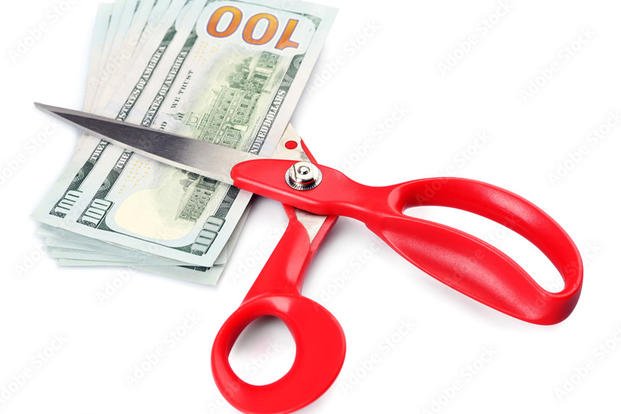Salaries, like the stock market, are taking a beating in the current economy, and that has people puzzling over changes in pay. Workers who've been laid off worry their salary history will eliminate them from job opportunities in this new budget-conscious business environment. Those who still have their jobs are sometimes asked to take a cut in salary, with or without a cut in responsibility.
As the economy changes, so do the rules about salary. "In the boom times, taking a pay cut was looked at askance -- that you did something wrong in terms of career development," says Michael Zwell, author of "Six-Figure Salary Negotiation: Industry Insiders Get You the Money You Deserve." "Now, you have a strong case to make if your company made significant cutbacks and you took a job that, given the market, was the best available job to support your family."
Recruiters agree. "Given the economic climate and white-collar and blue-collar job loss, it's going to become more acceptable for people to take pay cuts, and it won't have the negative stigma that it would if we were in a growth period of the economy," said Brendan Courtney, a senior vice president for The Mergis Group -- a professional placement firm in Fort Lauderdale, Florida.
Sometimes taking a salary cut is definitely the right career move. Here are five situations where that is the case.
1. You Just Need Work
If you're out of work and you need money to pay the bills, it's better to take a lower-paying job than to have no job at all. "There are fewer jobs out there and you may not only have to take less money, you may end up having to take less job," Courtney said.
2. You Move into a New Industry
When a job change forces you to take your expertise to a new industry, you may have to accept a lower salary. The same applies when you take your industry knowledge to a different company area.
For example, if you sold software to human resources departments and you take a new position selling software to medical offices, you'll lose your industry expertise but keep your functional expertise. If you move from sales to operations, you'll lose functional expertise, but keep your industry expertise.
3. You Change Careers
Some laid-off workers will find their next job in a completely new field. "If you do that, you're going to have to take a pay cut because you typically aren't worth as much in your new career path as you were in your old career," Courtney said.
4. The New Job Makes You Happy
Having a job that satisfies you is far more important than how much you earn, says Maggie Romance, director of organizational development for Pima Community College in Tucson, Arizona. She found happiness by trading a six-figure job putting out HR fires for a hospitality corporation for her current, lower-paying position doing staff professional development. "If you find the right match, the money doesn't matter as much," she said. "It's about the happiness."
5. To Keep Your Current Job
Forced to choose between taking a pay cut or losing your job? Take the pay cut and look for another job. Employers typically prefer hiring someone who's employed to someone who's not.
Perform well despite your lower pay, and you'll build a case that supports giving you a raise when the economy recovers. "It may take two jobs and a recovered economy to get all the way back to that higher salary, but you can at least make a significant leap toward it if you perform outstandingly," Zwell said.
Moving On
Once you've agreed to work for a lower salary, issues will arise. If you have to do the same job for less, your first challenge may be emotional. Accepting a lower salary can be difficult if you hang your self-worth on the size of your paycheck.
Instead of thinking about salary as a measure of your worth, think of it as what the market is willing to pay for your skills, knowledge and experience at this point in time, Zwell recommends.
The new, lower salary will also become a part of your salary history when you apply for your next job. When salary history questions arise, answer honestly.
"No one needs to apologize for the fact that they made a lot of money before," Courtney said. "If you were in a field that was negatively affected by recessionary events -- say you were an investment banker at a large firm and now you're at a small firm -- it's expected and accepted that you would take a pay cut."
And remember that time heals at least some paycheck wounds. "In prior recessions, there are a couple years where salaries become depressed, then they get back up to the norm within a year or two after the recession ends," Courtney said. "While you may not make up the whole gap between what you were making and what you are now making, you will end up closer to where you were than where you are now."
Want to Know More About the Military?
Be sure to get the latest news about the U.S. military, as well as critical info about how to join and all the benefits of service. Subscribe to Military.com and receive customized updates delivered straight to your inbox.











